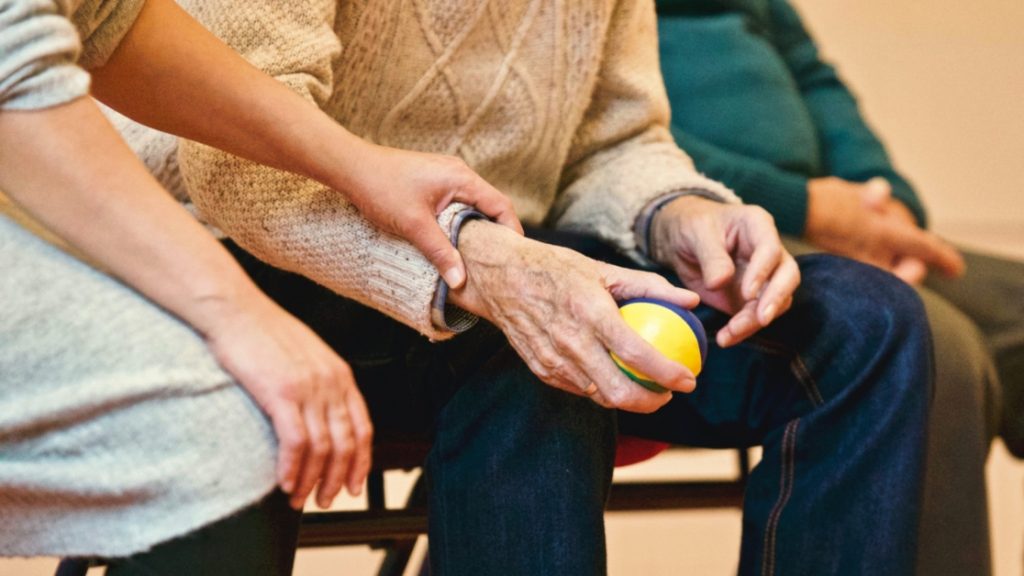Dancing
Does dancing help cognitive abilities in old age?
It’s no secret that dancing is a great way to keep your body in shape. It can improve everything from muscle strength, endurance and balance. These are the things that help keep us healthy.
- Dance Is A Great Way For The Mind To Stay In Shape
- Multitasking Activities Help To Improve Cognitive Function
- Is Dancing More Effective At Slowing The Aging Process Than Traditional Fitness Training?
- The Effects Activities Had On Elderly Participants
- Improvements In Many Areas Including:
- Benefits For People Suffering From Parkinson’s
- Regions Of The Brain – critical for cognitive health
- The Conclusion Of All These Studies
Dance Is A Great Way For The Mind To Stay In Shape
Not only can dancing be great fun, but it can also serve as a great form of exercise to increase fitness levels. Research has confirmed that dance is a great way for the mind to stay in shape as mental, physical and emotional skills are all performed collectively. All of these functions working together with each other can be of great benefit to your brain and overall health.
Multitasking Activities Help To Improve Cognitive Function
Many of these studies show that multitasking activities help to improve cognitive function and can also help slow the aging process. The Impact of Dance on Cognitive Health It’s long been known that exercise is associated with preserving cognitive function in older adults and studies are now starting to show dance as one of the most effective forms of exercise to slow the aging process.
Is Dancing More Effective At Slowing The Aging Process Than Traditional Fitness Training?
A recent study published in Frontiers in Human Neuroscience stated that dancing may be more effective at slowing the aging process than traditional fitness training. This is because of the added mental challenges required when we dance, which include the following. Remembering dance steps Holding your partner the right way Executing turns Recognizing the beat Moving in tandem with someone or just “feeling” the rhythm of the music and moving on your own Synchronizing movement with music The activities above are referred to as sensorimotor demands as they are movements triggered by sensory as well as motor impulses. When compared to many other physical activities, dancing is now being linked to a reduced risk of developing dementia. We recently wrote a post on the positive effects of dancing which may interest you.
The Effects Activities Had On Elderly Participants
A recent study looked at the effects certain activities had on elderly participants. Overall they looked at eleven different physical activities, including swimming, cycling, tennis, and even golf. The only physical activity shown to lower the participant’s risk of dementia was dancing. A different study from the University of Illinois at Chicago was conducted with a Latin ballroom dance program for older sedentary adults.
Improvements In Many Areas Including:
The senior dancers reported improvements in many areas including memory attention and focus. Another study involving elderly people experiencing mild cognitive impairment reported an improvement in the participants thinking and memory.
Benefits For People Suffering From Parkinson’s
Dancing has also shown it can provide benefits for people suffering from Parkinson’s by helping to alleviate some of the symptoms, such as stiffness, tremors, coordination, and impaired balance
Regions Of The Brain – critical for cognitive health
Here are the regions of the brain that are critical for cognitive health: The hippocampus, where cognitive function and balance, memory consolidation, learning, and navigation reside. The motor cortex, which dictates planning, control, and voluntary movement. The basal ganglia, where coordination and fluid movement originate
The Conclusion Of All These Studies
The conclusion of all these studies shows that age-related degeneration in the brain and cognitive impairment may be mitigated with dance and other physical activities. The theory as to why dancing shows the most benefit out all the other physical activities studied is that it requires more thinking than the others, and not just motor skills. Other Health Benefits of Dancing It is not uncommon for people to become more isolated as they grow older. This is why dance is a great friend to many of the older generation. Dancing can greatly improve one’s physical and mental wellbeing while the social aspect can enhance our emotional wellbeing.


